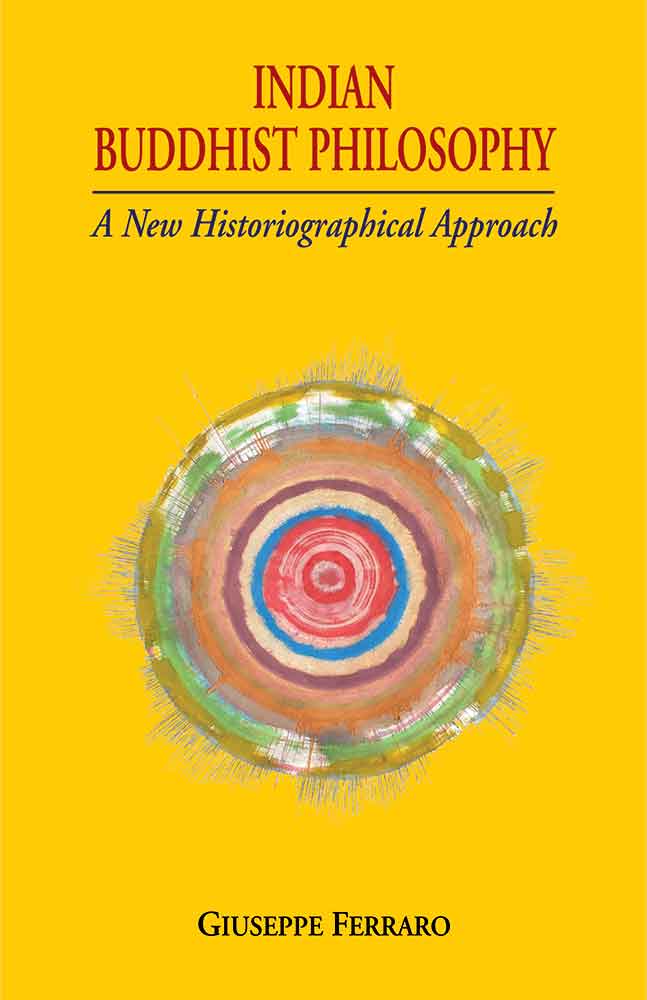Indian Buddhist Philosophy: A New Historiographical Approach
Indian Buddhist Philosophy: A New Historiographical Approach - Hardcover is backordered and will ship as soon as it is back in stock.
Couldn't load pickup availability
Indian Buddhist Philosophy is a reconstruction of the history of Indian Buddhist thought that starts from the idea - of Madhyamaka origin - that in the teaching of the historical Buddha it is possible to identify three distinct and irreconcilable theoretical modes or registers, intended for different types of followers: the affirmative mode of being, the negative one of non-being, and the “middle path” of neither being nor non-being. The history of Buddhism after the disappearance of the Buddha is presented here as the development of these registers in three main philosophical directions: respectively, the personalist one, of the Pudgalavada schools; the reductionist one of the Theravada, Sarvastivada and Sautrantika schools; and the one of the Mahayana schools - primarily the Madhyamaka - which, following some suggestions already present in the Mahasamghika circles of the Abhidharma phase, deepen in particular the third theoretical strand proposed by the Buddha: the middle one, which excludes both being and non-being, in a frequently but not exclusively anti-metaphysical direction.
About the Author:
GIUSEPPE FERRARO began his Philosophy and Indology studies at “La Sapienza” University of Rome, Italy, and obtained his Ph.D. at the Federal University de Minas Gerais (UFMG), Brazil, where he is currently a visiting professor. He is the author of two monographs dedicated to the thought of Nagarjuna, and of some articles and book chapters dedicated to the interpretation of philosophical doctrines of the Buddha and some of his Indian followers. He is also the author of the first annotated translations from Sanskrit into Portuguese of Nagarjuna’s Mµulamadhyamakakarika and Vigrahavyavartani.
-
Pages
-
Edition
-
Size
-
Condition
-
Language
-
Weight (kg)
-
Publication Year
-
Country of Origin
-
Territorial Rights
-
Reading Age
-
HSN Code
-
Publisher




